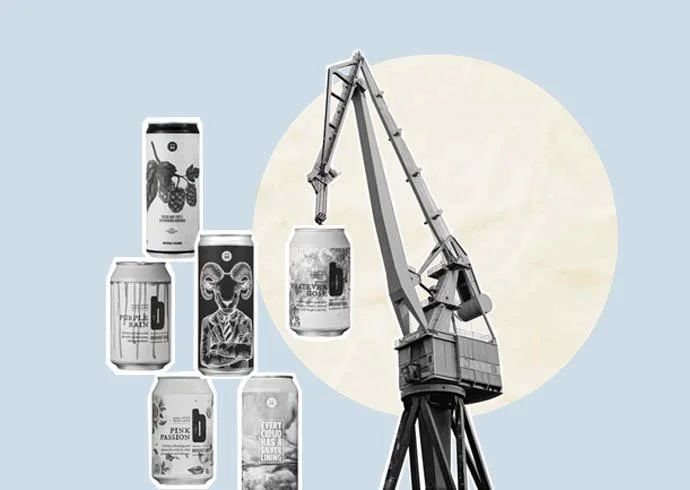It drives me crazy
This month has been an exciting one! For the first time, it has been cheaper for me to take the bus to work than to drive. And while most people are bemoaning the current price of petrol, I’m celebrating the climate win.
I appreciate that I am in an extremely privileged position when I say this. I can choose to work from home or my office. I own a car. I work in a different city from the city I live in but both cities have good public transport options. In short, I can choose each day whether to drive to work or not. To take public transport to my office or to stay at home.
In spite of this privilege, it’s been hard to make the switch to public transport and give up my car. I know, of course, that public transport is better for the environment, involves less emissions, burns less fossil fuel per person and creates less congestion. And it’s better for me, since I get to some exercise by cycling the 15 minutes to the bus stop. But taking public transport to my office takes about twice as long as driving. It’s less flexible because I can’t make detours or pick up groceries on my way. The biking makes me sweaty and sometimes soaking wet or cold if it’s bad weather. And I have to plan what I wear much more carefully (no heels or pencil skirts). All of this combines to make the car more appealing most of the time.
Despite this, I have made a real effort to take public transport to work as much as possible. After all, some minor inconveniences are well worth it to secure a liveable planet for future generations and ditching the car is one of the best ways to make a significant dent in one’s carbon budget. But, until this month, I paid a financial penalty for making the right choice for the planet. It was actually more expensive for me to take the bus than to drive to work!
I should probably unpack this a bit. If you factor in the cost of owning a car, the depreciation, the insurance, the servicing, the repairs etc., the cost of the car per journey is probably not cheaper than taking the bus, especially if compared with a monthly bus pass. However, I already own a car and pay for all those things. And a monthly travel pass doesn’t make financial sense for me because I don’t go to the office every day. More like once or twice a week. So the decision about whether to drive or take public transport becomes about marginal costs. And the marginal cost of the bus has been higher than the marginal cost of the car. Until this month!
This is a reoccurring pattern. Those who choose ecologically sustainable options, frequently find themselves paying a premium for doing the right thing. Train journeys are often considerably more expensive than short haul flights since cheap, high carbon flight are subsidised by tax payers in myriad ways. Those who repair their clothes find it is often more effort and more expensive than buying cheap, disposable fast fashion.
This isn’t right. We can’t just keep expecting consumers to make the right choices when we financially penalise them for doing exactly that. Making good choices more financially appealing (by e.g. lowering taxes on repair services) and bad choices less financially appealing (by e.g. taxing them more heavily) is one way to help consumers make better choices. Another is to simply remove the most damaging choices from the market (via legislation) so that even the least thoughtful of consumers will, on average, make more ecologically sustainable choices. Choice editing, as this is sometimes known, is not alway popular. But it is an effective way to raise the mean morality of a market. And, time has run out for popular options!
I don’t know whether the cost of petrol and diesel will stay this high. If it does, I know lots of people (not least those who live in places without feasible transport alternatives) will suffer. But, for now, I’m celebrating the fact that people who are trying to make better choices for the environment are, for once, not being financially penalised for doing so.
Who knows, perhaps some of us lazy car drivers will decide to get rid of our cars once and for all.
You can read more about removing the worst choices to make markets more moral in a recently published article in Marketing Theory.
Photo by G H on Unsplash


